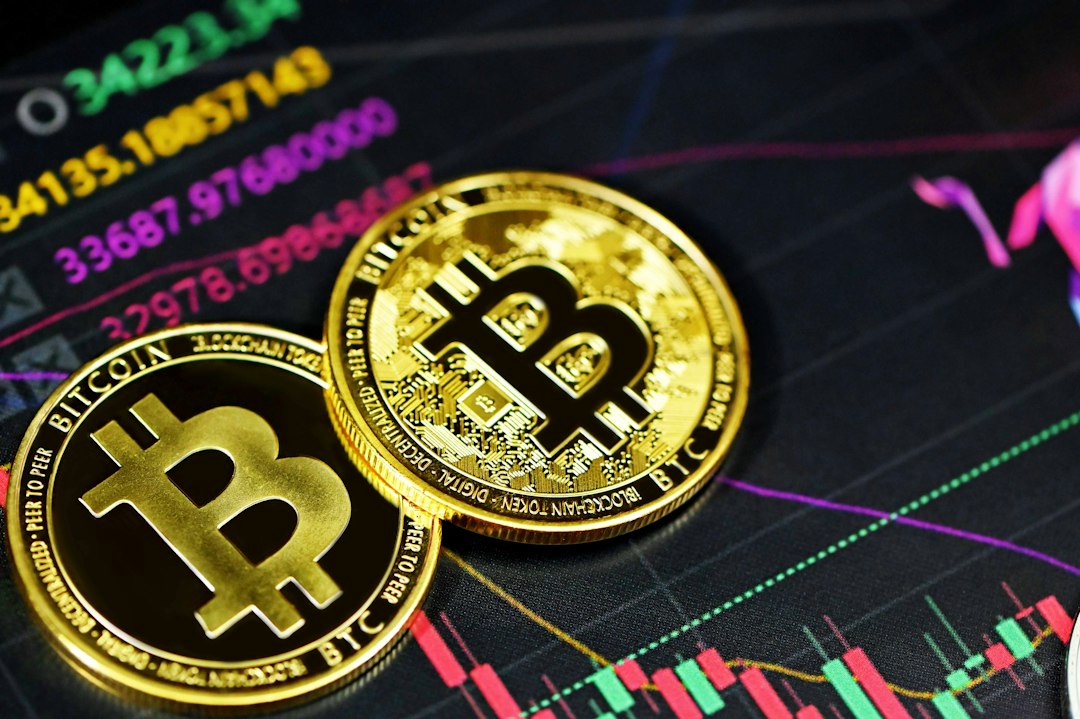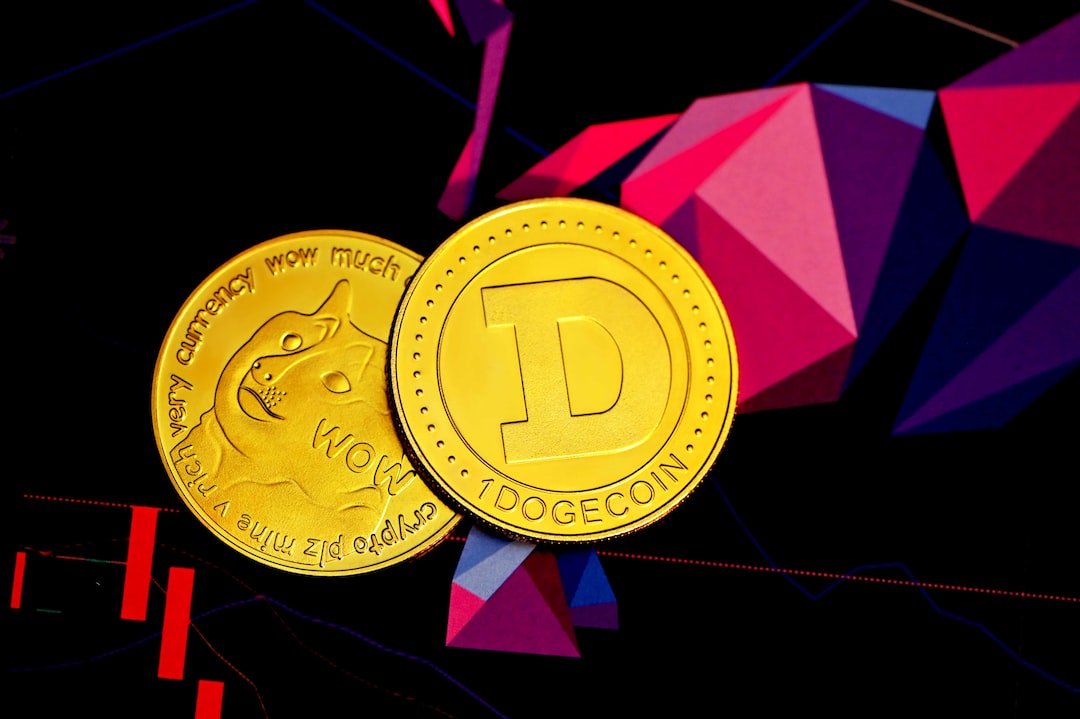Market Manipulation in the Crypto Sphere, Explained
Market manipulation in the crypto sphere can be identified through certain signs. One sign is sudden price changes that are unrelated to important news or trends. Another sign is abnormally high trade volumes within a short period of time, especially when accompanied by increased social media activity.
Anomalies in the market and opaque trading methods can also indicate manipulative activity, which raises concerns about market integrity. Additionally, pump-and-dump schemes are prevalent, where false information is spread to inflate the price of a cryptocurrency and then sell it for a profit.
Whale manipulation involves large holders purposely buying or selling large amounts of a cryptocurrency to manipulate its price. Spoofing is another manipulation technique that involves placing large orders and canceling them before execution to create a false sense of demand.
Insider trading, which involves making trades based on secret knowledge, also impacts crypto markets due to their lack of transparency and regulation.
Is Manipulating Cryptocurrency Legal?
Manipulating cryptocurrency markets using dishonest tactics is prohibited in many jurisdictions and may violate securities or financial laws. Regulatory organizations like the SEC are working to enforce regulations and prevent market manipulation.
The regulatory environment for cryptocurrencies is still developing, which can make it challenging to enforce laws against manipulation. However, efforts are being made to create more precise regulations and combat illicit activities in the crypto sector.
Vulnerabilities and Manipulation Risks in Decentralized Exchanges
Decentralized exchanges (DEXs) face vulnerabilities and manipulation risks that need to be addressed. Smart contract vulnerabilities can result in fund losses through coding faults or reentrancy attacks.
Liquidity pool manipulation occurs when criminals manipulate prices in low-liquidity pools for personal gain. Front-running is another issue in DEXs, where traders take advantage of transaction order visibility to complete trades before others.
Fake token listings pose a risk to users’ money and confidence, as they can deceive investors into investing in fraudulent or malicious tokens. Regulatory uncertainty also presents challenges for DEXs in terms of compliance.
Impact of Wash Trading on Crypto Market Manipulation
Wash trading distorts market measures by deceiving traders about real supply and demand, leading to inaccurate information and compromising price discovery. It erodes investor trust and increases the possibility of market manipulation.
To maintain an open and trustworthy cryptocurrency market, regulatory organizations are focusing on addressing wash trading issues. Building confidence, facilitating real price discovery, and creating a stable market require tackling these misleading tactics.
How to Protect Against Cryptocurrency Market Manipulation
To protect against market manipulation, enhanced market surveillance tools are necessary for real-time monitoring and identifying suspicious trends. Global collaboration among regulatory agencies is crucial for creating clear regulations and enforcing adherence to them.
Transparency measures within exchanges, such as revealing trading volumes and accurate reporting procedures, can help reduce manipulation. Increasing liquidity across multiple platforms also mitigates the impact manipulators have on smaller exchanges.
Decentralized platforms with anti-manipulation features like commit-reveal systems and decentralized order book designs can reduce front-running and wash trading. Promoting ethical trading methods, implementing risk management techniques, and fostering a culture of compliance within the crypto community are also important steps to protect investors and maintain market integrity.
Hot Take: Promoting Integrity in the Cryptocurrency Market
The cryptocurrency market faces significant challenges when it comes to market manipulation. Unusual price movements, high trade volumes, insider trading, and other deceptive tactics threaten the market’s integrity and investors’ trust.
Regulatory organizations are working to enforce regulations and prevent manipulation, but the evolving nature of cryptocurrencies makes it difficult to fully address these issues. However, by implementing enhanced surveillance tools, promoting transparency, and fostering a culture of ethical trading, the crypto community can take steps towards a more secure and dependable market.





 By
By
 By
By
 By
By
 By
By
 By
By